Benefits That Can Grow Your Hospital

Is your Hospital looking for ways to grow its Occupational Medicine and Workers Compensation business? Try our hospital business plan growth strategy.
Let Physical Capacity Profile help:
- Increased cash flow with consumer direct billing instead of waiting on reimbursements
- Building stronger relationships with local employers
- Increased clinic traffic
The Physical Capacity Profile® (PCP) Testing System was developed over 20 years ago and today the systems are in locations across 15 states. Companies want and are paying for the higher level of information afforded by the Physical Capacity Profile® Post-Offer-Testing across the country.
Employers want the PCP testing, and they want it in facilities, like hospitals, where they can also do their drug testing, respirator fit, hearing screens, and DOT physicals, etc.. They want applicants seen quickly not to sit in the lobby of a medical provider for long periods of time waiting on such services! The PCP testing is not a tough sell for your marketing team when it’s with the right partner, we know from experience good hospital providers are the right partners for all the right reasons!!
As a hospital not only are you providing services to other employers in your area, but as an employer yourself you can also benefit from the post offer testing information.
As an employer, ask yourself three questions:
- Have you ever wondered if a new hire really had the strength and fitness to do the job they were hired for?
- Concerned about a new employee bringing an old injury to their position at your company?
- Ever wondered if an employee was really ready to return to the same job after an injury?
Benefits employers see when using PCP testing:
- $8-12 in direct medical cost savings to employer on every dollar spent.
- Decrease in workers compensation premiums 10% – 30%.
- Decrease in workers compensations injury rates 30%.
The Physical Capacity Profile® provides valuable information to your team. It helps you determine if an applicant can meet the physical demands of the job. It keeps your company from buying claims that did not happen at your place of work, and decrease your turnover and retraining costs, and overtime paid out.










